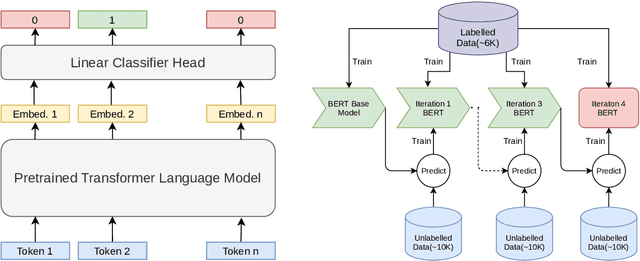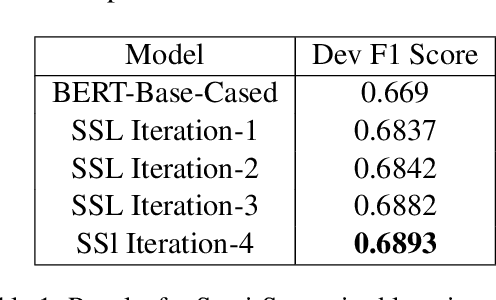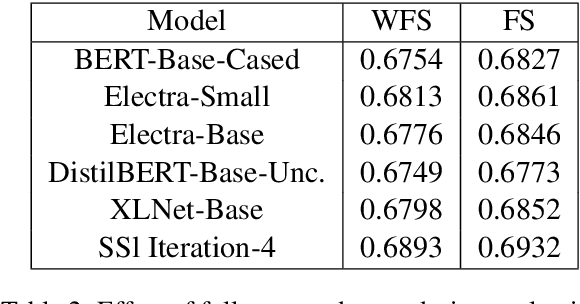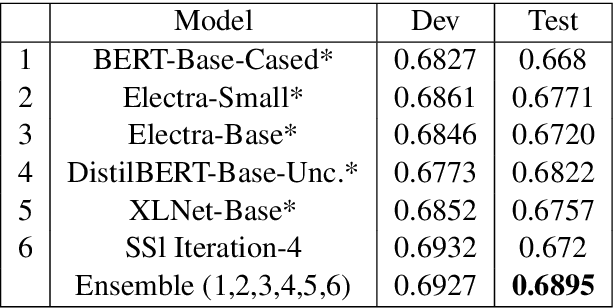Archit Bansal
PED-ANOVA: Efficiently Quantifying Hyperparameter Importance in Arbitrary Subspaces
Apr 20, 2023Abstract:The recent rise in popularity of Hyperparameter Optimization (HPO) for deep learning has highlighted the role that good hyperparameter (HP) space design can play in training strong models. In turn, designing a good HP space is critically dependent on understanding the role of different HPs. This motivates research on HP Importance (HPI), e.g., with the popular method of functional ANOVA (f-ANOVA). However, the original f-ANOVA formulation is inapplicable to the subspaces most relevant to algorithm designers, such as those defined by top performance. To overcome this problem, we derive a novel formulation of f-ANOVA for arbitrary subspaces and propose an algorithm that uses Pearson divergence (PED) to enable a closed-form computation of HPI. We demonstrate that this new algorithm, dubbed PED-ANOVA, is able to successfully identify important HPs in different subspaces while also being extremely computationally efficient.
IITK@Detox at SemEval-2021 Task 5: Semi-Supervised Learning and Dice Loss for Toxic Spans Detection
Apr 04, 2021



Abstract:In this work, we present our approach and findings for SemEval-2021 Task 5 - Toxic Spans Detection. The task's main aim was to identify spans to which a given text's toxicity could be attributed. The task is challenging mainly due to two constraints: the small training dataset and imbalanced class distribution. Our paper investigates two techniques, semi-supervised learning and learning with Self-Adjusting Dice Loss, for tackling these challenges. Our submitted system (ranked ninth on the leader board) consisted of an ensemble of various pre-trained Transformer Language Models trained using either of the above-proposed techniques.
 Add to Chrome
Add to Chrome Add to Firefox
Add to Firefox Add to Edge
Add to Edge